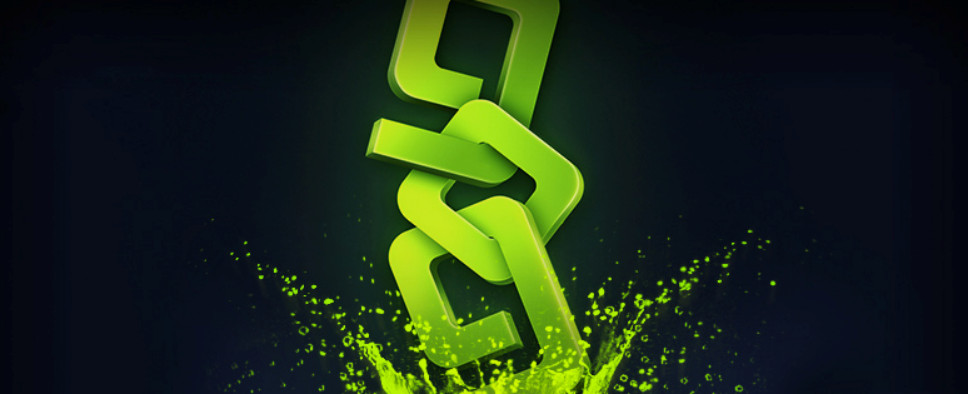GOG.com Interview
-
Category: News ArchiveHits: 3140

An interview conducted with GOG.com managing director Guillaume Rambourg by Wired.co.uk is up on Ars Technica, and while it's not specifically RPG-related, there is some interesting information about the DRM-free availability of The Witcher 2: Assassins of Kings and their plans to do the same for The Witcher 3: Wild Hunt included within. Here's a sampling:
Wired.co.uk: Have you been tracking data or researching how DRM-free gaming impacts sales?
Rambourg: We haven't been conducting any research ourselves, but we are obviously up to date with findings from other companies. You could argue that both music and publishing industries are slowly coming to terms with the fact that removing DRM actually boosts sales. Tor Books shared a rather convincing analysis of sales numbers in their first year after dropping DRM entirely, proving that removing copy protection had no effect on sales whatsoever.
There is an even more recent research under way that seems to prove that dropping DRM in the music industry resulted in an up to 41 percent increase in sales. GOG.com's DRM-free, day-one release of The Witcher 2: Assassins of Kings, a AAA+ game by any standards, is a great case study. At release, the version widely available on torrent sites was not the DRM-free GOG version but the one that posed any sort of challenge to the hackers, the one that included DRM.
The game was downloaded illegally roughly 4.5 million times, but to use the industry-wide practice and treat those entirely as "lost sales" is a massive misunderstanding. Most pirates never had any intent to buy the game in the first place; some surely became paying customers after trying it out or when the title became available at a discounted price. To drive the point home, CDP Red won't be using any DRM for their upcoming release of The Witcher 3: The Wild Hunt. As Marcin Iwinski recently put it: "Will it be more pirated than if we put DRM on it? I definitely don't think so. [...] With a DRM-free release, we're hoping to build more trust between us and gamers."
Finally, in our own experience we've found that trusting users to treat us well pays off and that our DRM-free approach is certainly not costing us business. Two of the many examples that come to mind: we see an average number of downloads per game that's somewhere below two which means that users aren't taking advantage of DRM-free gaming to share accounts around.
Another great example comes from our recent launch of our 30-day, money-back guarantee where, if a game bought on GOG.com ends up not working despite what we can do to help you, we'll refund you your money. While we've seen an uptick in customer support requests, it's in the realm of a 200 percent or 300 percent increase in queries that seem legitimate for the most part, not a titanic flood of people who want to try to find a way to scam GOG.com out of a free game. I believe that people, by and large, try to be good; treating them that way for five years at GOG.com seems to bear out our hypothesis.
Wired.co.uk: What's it like negotiating DRM-free distribution deals with publishers and developers?
Rambourg: Back in the very early days of GOG, to build up our catalog, we decided to focus on big publishers, mostly due to the fact that CD Projekt already had solid relationships with those companies from their retail distribution days. Also, publishers own rights to the most worthwhile classic titles we wanted to get our hands on. Still, even with all those connections, it was very difficult to convince them to partner up with us.
Their back catalog was very heavily pirated and almost written off in terms of possible revenue, and so the publishers did not want to invest time and resources into reviving any of their older titles. From a business perspective it was understandable. From the gamers' point of view, though, it was extremely saddening.
We have turned this situation into an opportunity both for us and them by basically telling them: "No problem guys, please just double-check if you own the worldwide digital distribution rights, let's sign a deal, and then we will do everything for you." We find the original game masters, make them compatible with modern operating systems, prepare lots of free goodies, make abandonware websites our affiliates to obtain their support in promoting your titles. GOG also provides customer support for all technical queries, takes over marketing the re-releases to gamers and press, and makes these titles profitable again.
Our partners' main concern was obviously the lack of DRM, but we chose a pragmatic approach to this one: "Almost all of your classics have been pirated for more than 10 years. Adding a technical constraint for such titles won't help us revive them for the paying public." Interplay was the first to jump on board, and we were able to launch our platform. From then on, we had to earn credibility and solid sales numbers to convince more big companies to follow suit. And we did.
Today gamers worldwide are not only paying our wages, they also helped us get Activision, Ubisoft, Atari, Square-Enix, and even Electronic Arts on-board. All in all, after slightly more than five years of existence, we've got more than 570 DRM-free classic titles for PC and Mac, and we've become the number one source for classic content revenue, which is not too shabby. Of course, more than a few great old games remain to be signed, but we are constantly working on that front.

